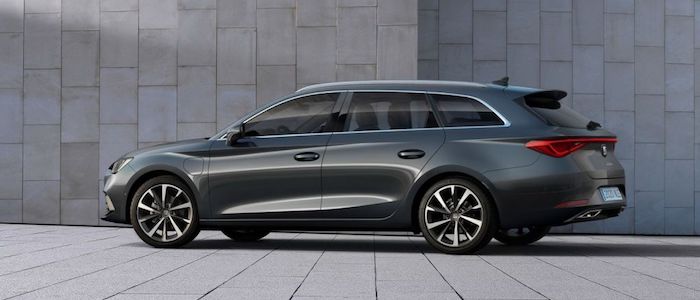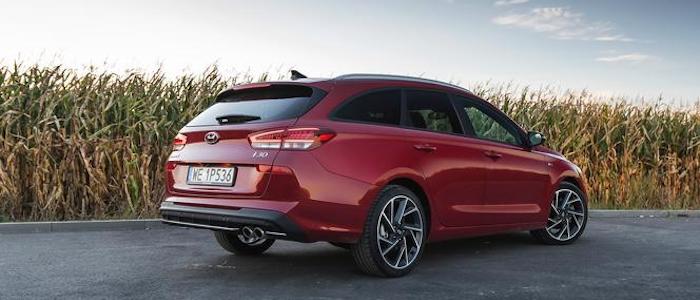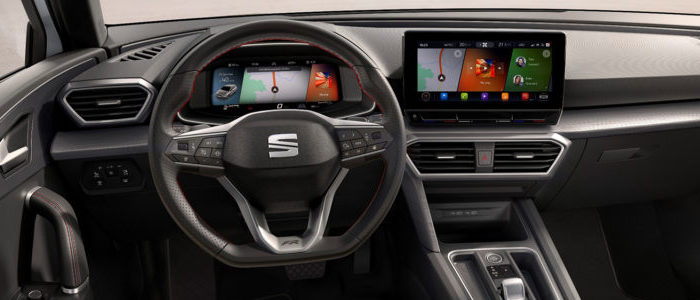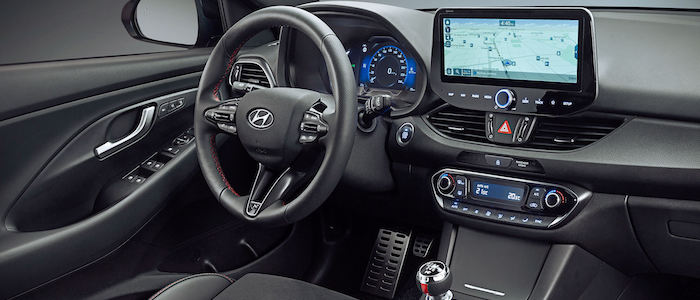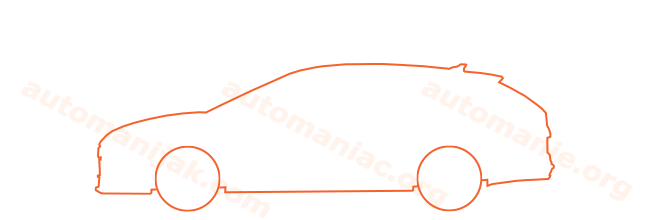Compare two cars
Compare any two cars and get our Virtual Adviser™ opinion
Dimensons & Outlines
Check vehicle history
Engine
Performance (manual gearbox)
Performance (automatic gearbox)
Expenses
Virtual Adviser's™ opinion
Well, these are two pretty similar cars we have here! It's only details that could potentially make the difference. Considering they both belong to the small family car segment and utilize the same 5-door wagon body style and the front wheel drive system, it all comes up to the specific petrol engine choice they offer. The first one has a Volkswagen-engineered powertrain under the hood, a 3-cylinder, 12-valves 110hp unit, while the other one gets its power and torque from a 3-cylinder, 12-valves 120hp engine designed by Hyundai.
SafetyBoth vehicles got tested by European New Car Assessment Programme (Euro NCAP), with the same number of safety stars gained in the process. Moving further on, let's take a closer look at some additional safety-related facts. Both vehicles belong to the small family car segment, which is generally classifying them somewhere in the middle safety-wise, still it doesn't help us solve our dilemma, does it? Furthermore, if we'd like to consider vehicle mass in this context too, which we definitely should, the Spanish car offers a marginal difference of 2% more metal.
ReliabilityReliability is not the best thing to consider on the make level, but it is worth mentioning that Hyundai does have a slight advantage, all the models observed together. That's the official data, while our visitors describe reliability of Seat, as well as Hyundai, with the same average rating of 4.5 out of 5. Some independent research have also placed Leon as average reliability-wise, and i30 is more or less at the same level.Above it all, drivers of cars with the same engine as the Spanish car rank it on average as 4.7, while the one under the competitor's bonnet gets 5.0 out of 5.
Performance & Fuel economySeat is a bit more agile, reaching 100km/h in 0.5 seconds less than its competitor. In addition to that it accelerates all the way to 197 kilometers per hour, 1km/h more than the other car. When it comes to fuel economy the winner has to be the Spanish car, averaging around 4.8 liters of fuel per 100 kilometers (59 mpg), in combined cycle. We can't ignore that 15% difference compared to the Korean car.
Verdict
Hyundai appears just a bit more reliable, although the difference is truly marginal. The most important thing when deciding between any two vehicles should always be safety, both passive and active. In my opinion, everything taken into account, the Spanish car offers slightly better overall protection and takes the lead. It all continues in the same direction, with Seat being considerably quicker, thus putting more smile on driver's face. To make things even better, it consumps less fuel! All together, there's not much more to say, in this case I wouldn't even consider anything but Seat. In any case that's my personal view, built upon all the data available to me. What should decide here though is the way you feel about the two vehicles, and I hope you'll find my guidelines useful in the process. In case you have two minutes to spare I invite you to define your needs, desires and budget and see which car would be chosen by the virtual adviser™, out of 12.000+ vehicles we currently have in our database.























